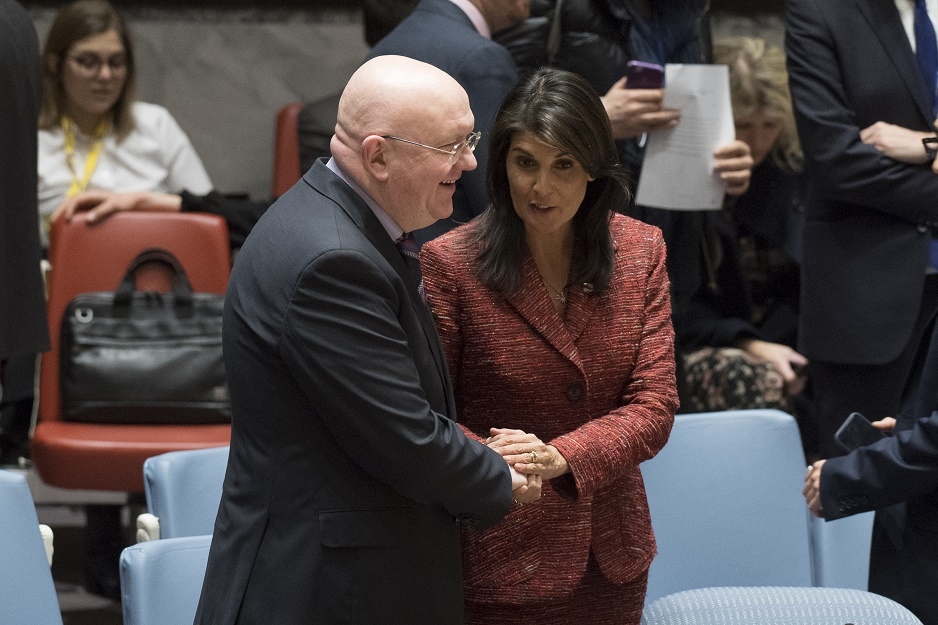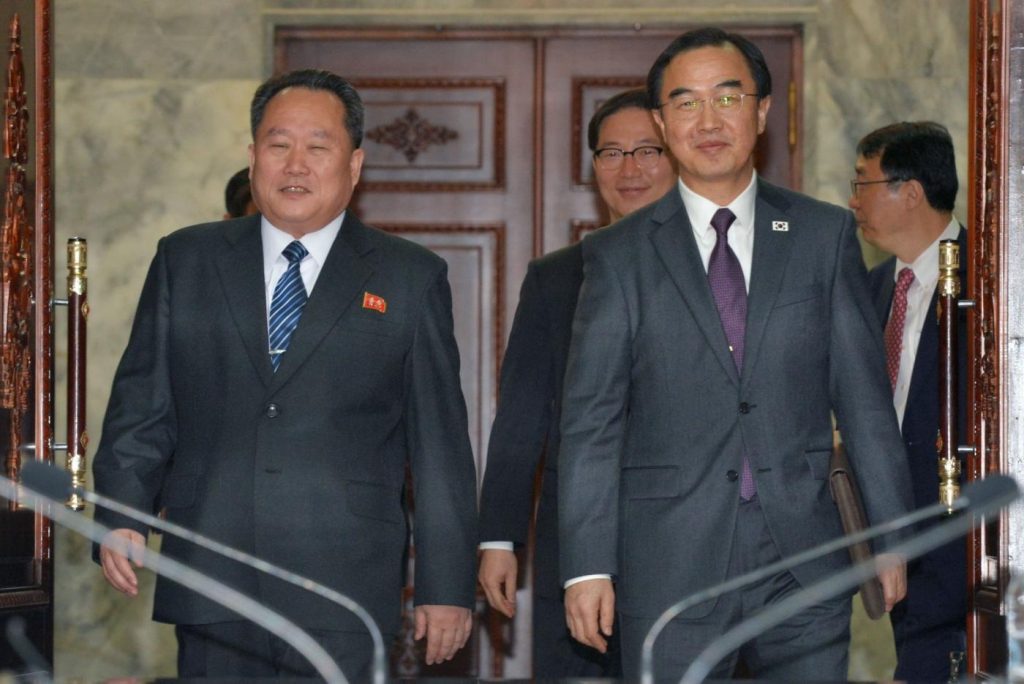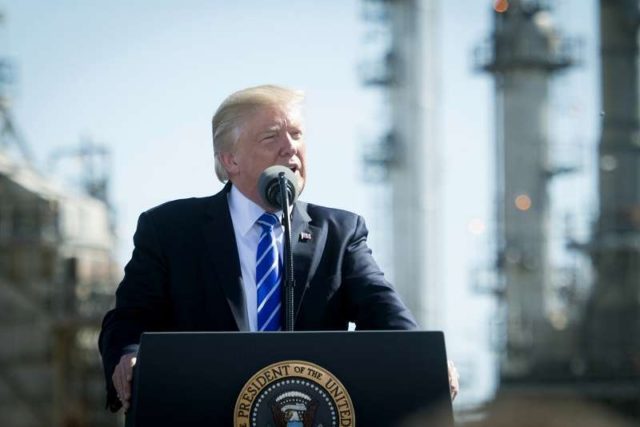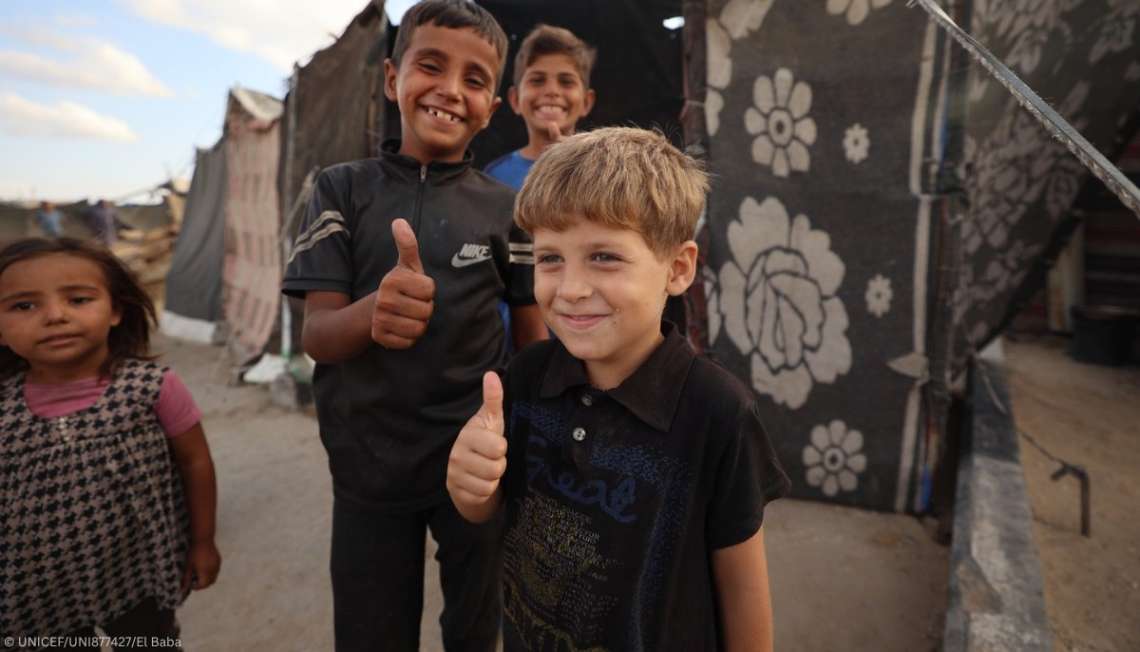Three resolutions on investigating the alleged chemical attack in a rebel-held area of Syria failed in the UN Security Council on Tuesday … reports Asian Lite News.

Three resolutions on investigating the alleged chemical attack in a rebel-held area of Syria failed in the UN Security Council on Tuesday amid reports that the US was preparing to attack facilities of the government of President Bashar al-Assad.
US President Donald Trump has cancelled a trip to the Summit of the Americas in Peru’s Lima, citing the Syrian developments and on Tuesday conferred with National Security Adviser John Bolton and defence officials.
He also discussed with British Prime Minister Theresa May the preparation for a strike on the Syrian government, which it blames for the chemical attack.
Even as the Security Council wrangled over a resolution to confer the Council’s authority on the probe, the Organisation for the Prohibition of Chemical Weapons (OPCW) announced it was sending a fact-finding mission to Douma, where the chemical weapon attack is said to have taken place.
On Monday, Russia and Syria had told the Council that they were inviting the OPCW to send investigators and they would provide them protection and facilities.
Last Saturday a chemical attack was reported to have taken place in Douma, where the rebel group Jaish al-Islam controls territory. The US says 89 people were killed and several hundred injured by chemical weapons used there.
The rival resolutions that paralysed the Security Council had small differences that Russia and the West hoped to score points with rather than act on Syria.
Russia vetoed the first resolution sponsored by the US and its supporters calling for an independent investigative mechanism into the use of chemical weapons, after it got 12 votes for, two against and an abstention by China.
The next two offered by Russia failed to get a majority, avoiding the need for a Western veto.
The first Russian resolution also called for the creation of the independent investigation mechanism, but would have required it to take into account the OPCW data as well as information provided by the Syrian government on the rebel organisations, which met with Western objections.
It received six votes, seven voted against it and two abstained.
Condemning Moscow’s veto, US Permanent Representative Nikki Haley said, “History will record that, on this day, Russia chose protecting a monster over the lives of the Syrian people.”
After a break for consultations to try for a compromise, Russia introduced another resolution similar to its previous one, except that it did not include the independent investigation mechanism proposal.
Five countries voted for it, four against it and six abstained.
China supported both the Russian resolutions.
Since the two Russian resolutions did not get a majority, none of the Western permanent members — the US, France or Britain had to veto them.
After vetoing the US resolution, Russia’s Permanent Representative Vassily Nebenzia said it would have recreated the joint investigative mechanism that lapsed in November 2017, because of a Moscow veto and a similar new body would take a long time to become active.
He accused the US of introducing the resolution knowing it would not pass so they could use it as a pretext to attack Syria.
Later, Nebenzia, addressing Haley directly, said, “I would once again ask you, once again beseech you, to refrain from the plans that you are currently developing for Syria.”
While Haley had insisted on an independent investigation mechanism in addition to the OPCW fact-finding mechanism, State Department Spokesperson Heather Nauert praised the Hague-based organisation that won the Nobel Prize for Peace in 2013.
“They’re the gold standard in collecting this type of information (about chemical weapons use), and we would certainly rely upon them, as we have in other instances, to take a look at that,” she said.








